12 Iconic Songs Everyone Should Hear Before They Die
Some songs leave such a strong mark on culture that they feel timeless. They cross generations, bring people together, and remind us of the power of music to stir emotion and memory. This list highlights a mix of classics that have shaped music history and continue to resonate with listeners today.
This post may contain affiliate links, which helps keep this content free. Please read our disclosure for more info.
“Bohemian Rhapsody” – Queen (1975)
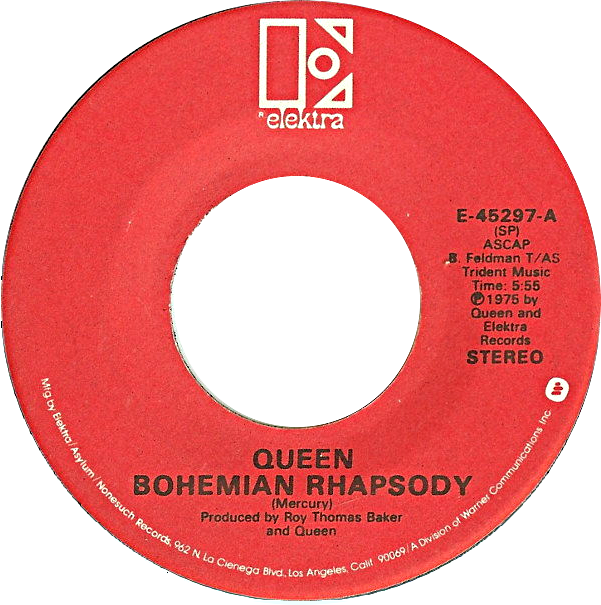
“Bohemian Rhapsody” isn’t just a song, it’s a full experience. Queen blended opera, ballad, and rock in a way no one had tried before, and Freddie Mercury’s powerful voice carried it all. The shifts in style keep it exciting from start to finish, giving it a timeless quality that listeners still embrace.
The song’s legacy is undeniable. It became an anthem across generations, gaining renewed attention with the 1992 film Wayne’s World and again with the Bohemian Rhapsody biopic. Stadiums worldwide echo with thousands of voices singing its memorable lines together. For many listeners, it is less of a song and more of a shared musical moment.
“Imagine” – John Lennon (1971)
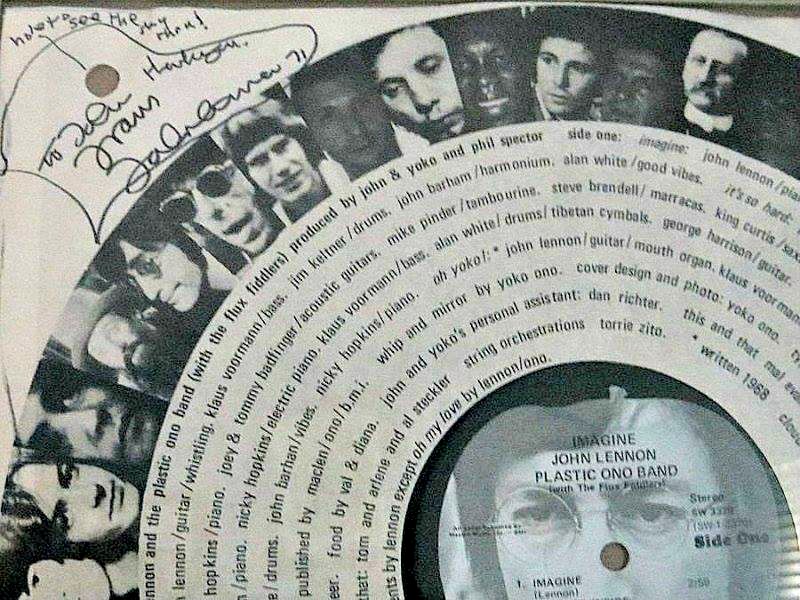
“Imagine” was released during a time of political unrest, yet its message of unity and peace continues to resonate. John Lennon stripped the track down to simple piano chords and direct lyrics, letting the song’s meaning shine through without distraction. Its gentle delivery masks the boldness of its vision, making it approachable while still striking.
Over the years, it has been performed at major events and used as a soundtrack for movements calling for change. The song feels as relevant today as it did in the early 1970s. Whether heard in a quiet moment or sung by crowds, its power lies in the ability to make people pause and reflect. That staying power explains why it remains one of the most recognized songs in history.
“Like a Rolling Stone” – Bob Dylan (1965)
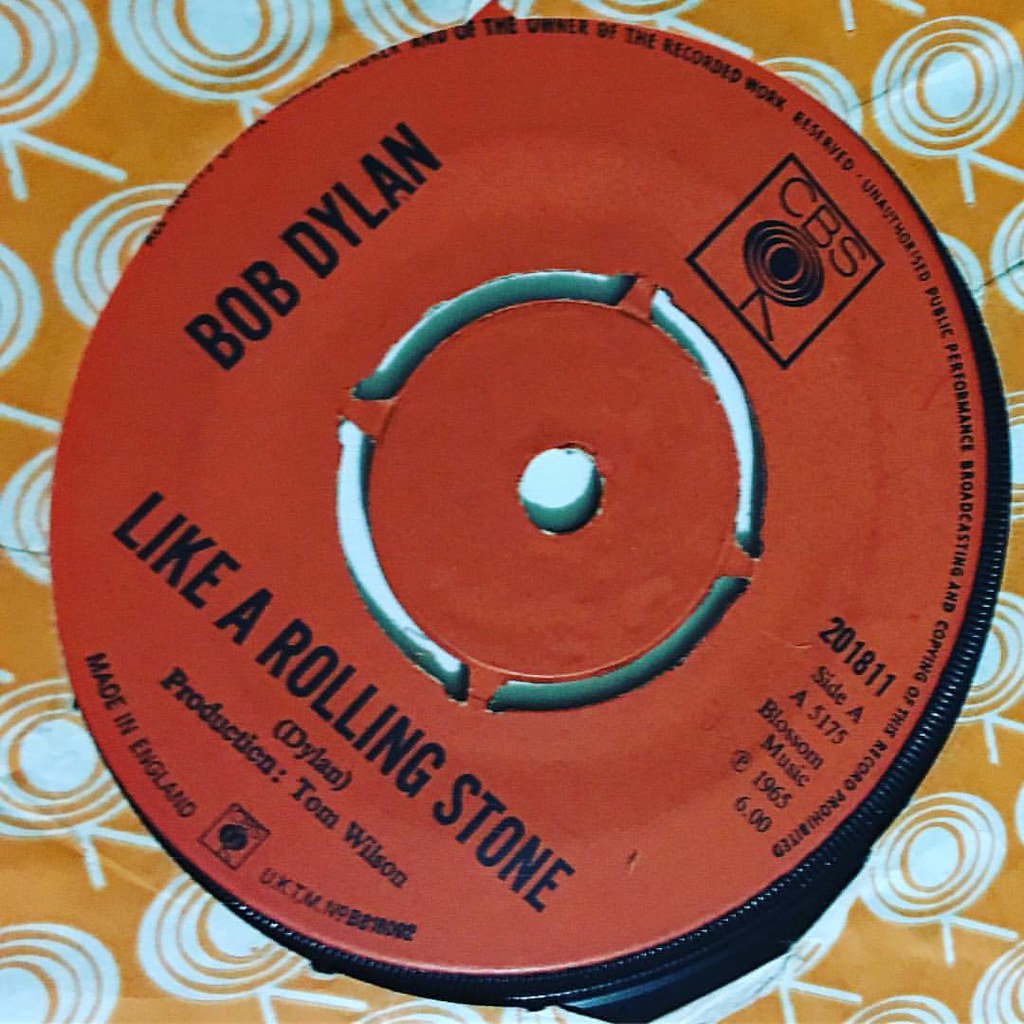
Bob Dylan shocked listeners with “Like a Rolling Stone,” a track that stretched beyond the typical pop single length of its time. Its biting lyrics and raw delivery challenged norms and proved that rock music could tackle heavier themes. With its organ riff and driving beat, the song carried a mix of grit and energy that set it apart.
Dylan’s storytelling shaped how artists approached songwriting. He blurred the line between poetry and popular music, showing that lyrics could cut as sharply as any novel or speech. Critics often list it among the greatest songs ever recorded, and it remains a touchstone for musicians seeking to push boundaries. Few tracks have left such a lasting imprint on both music and culture.
“Smells Like Teen Spirit” – Nirvana (1991)
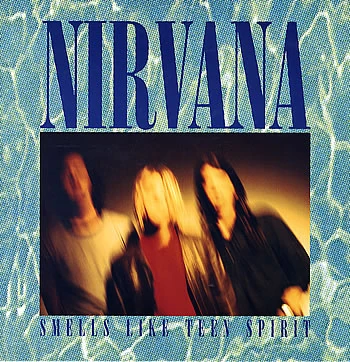
“Smells Like Teen Spirit” exploded onto the scene in the early 1990s, marking the rise of grunge. Kurt Cobain’s raspy voice and the track’s distorted guitars gave a rawness that stood in contrast to polished pop dominating radio. Teenagers connected instantly with its restless energy and cryptic lyrics.
The song is often credited with bringing alternative rock into the mainstream. Its success catapulted Nirvana into global stardom while reshaping the music industry’s direction. Generations of bands cite it as inspiration, and it still packs the same punch when blasted at full volume. For many, it remains the defining sound of the 90s.
“What’s Going On” – Marvin Gaye (1971)
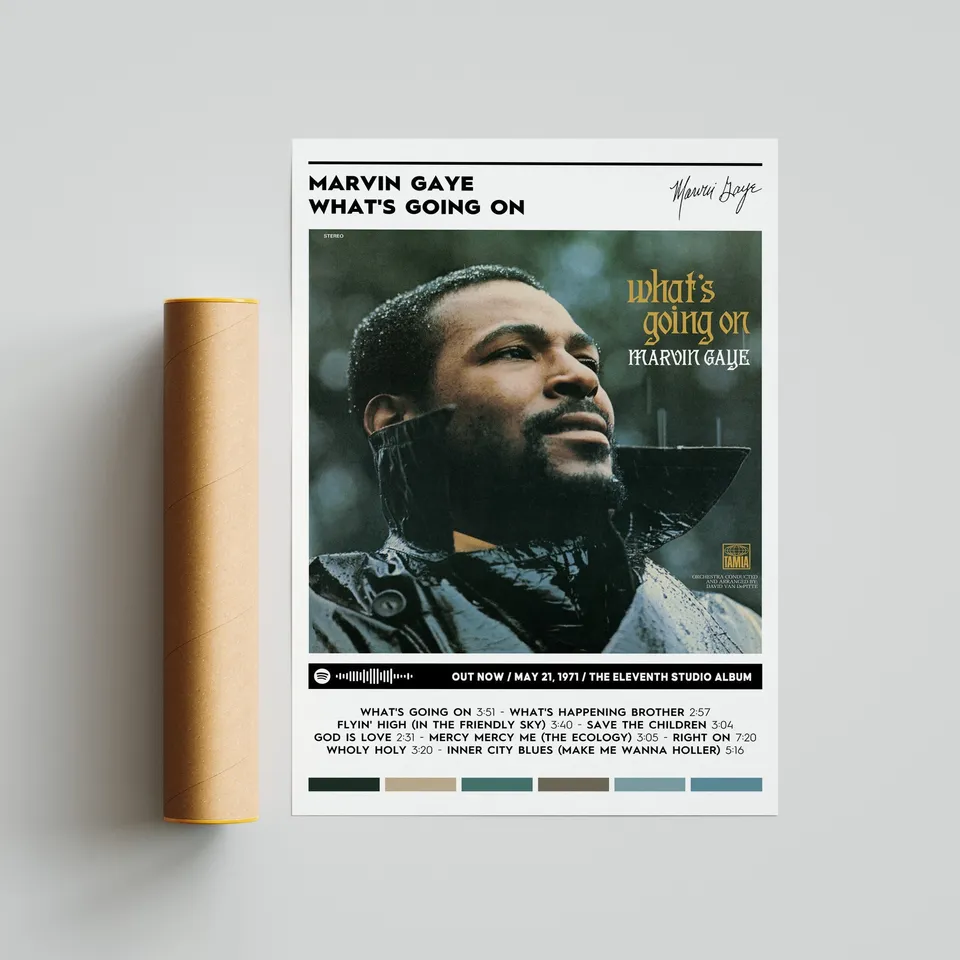
Marvin Gaye shifted his focus from love songs to social issues with “What’s Going On.” Inspired by stories from his brother, a Vietnam veteran, he poured real concern for humanity into the track. The soft, soulful arrangement contrasted with the heavy themes, creating a poignant listening experience.
The song invited listeners to think about compassion, injustice, and unity. It stood as a turning point in Gaye’s career and in soul music as a whole. Radio stations hesitated at first, but audiences embraced it, pushing it to classic status. Its message still feels urgent more than fifty years later.
“Billie Jean” – Michael Jackson (1983)
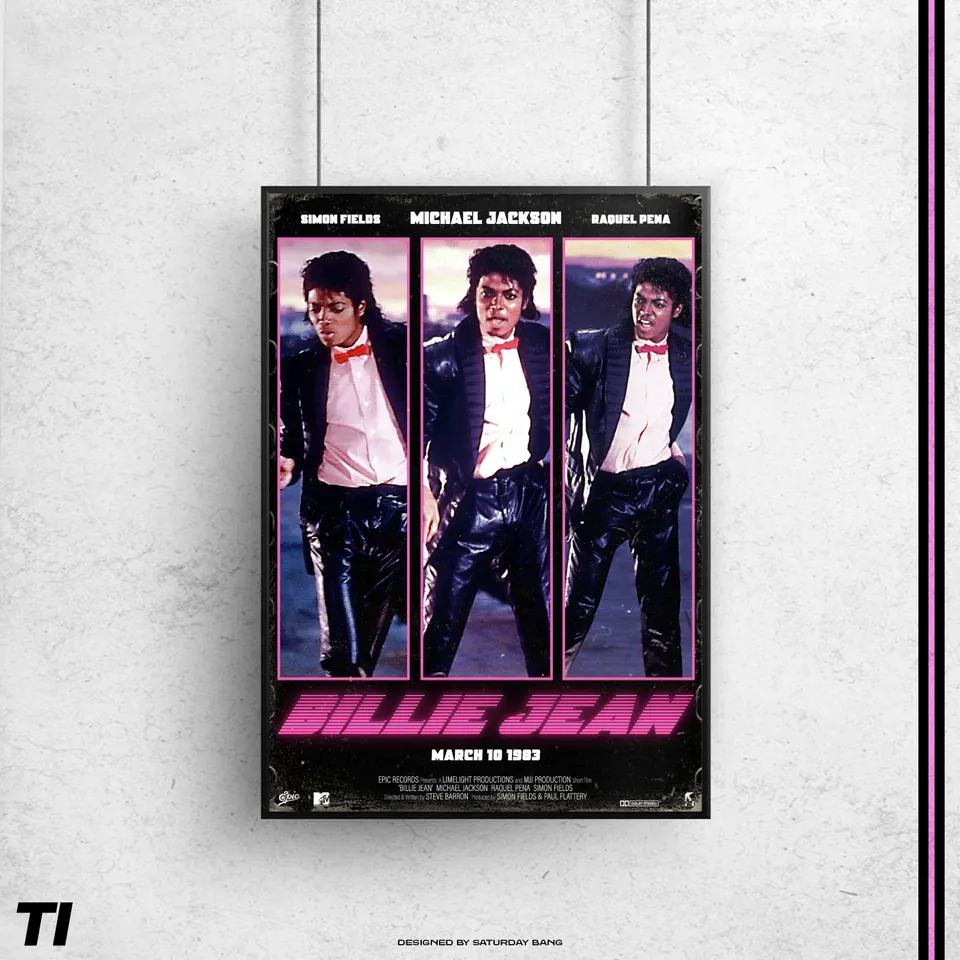
Michael Jackson’s “Billie Jean” is built on a bassline so recognizable it can be picked out within seconds. The lyrics tell a story of scandal and accusation, but it is Jackson’s delivery that makes it unforgettable. Paired with his sharp dance moves, especially during his famous moonwalk performance, the song became legendary.
It dominated charts worldwide and helped cement Thriller as the best-selling album in history. Jackson’s ability to blend pop, funk, and soul made the track stand out in an era full of hits. To this day, “Billie Jean” remains a symbol of his unmatched influence in pop culture.
“Hotel California” – Eagles (1976)
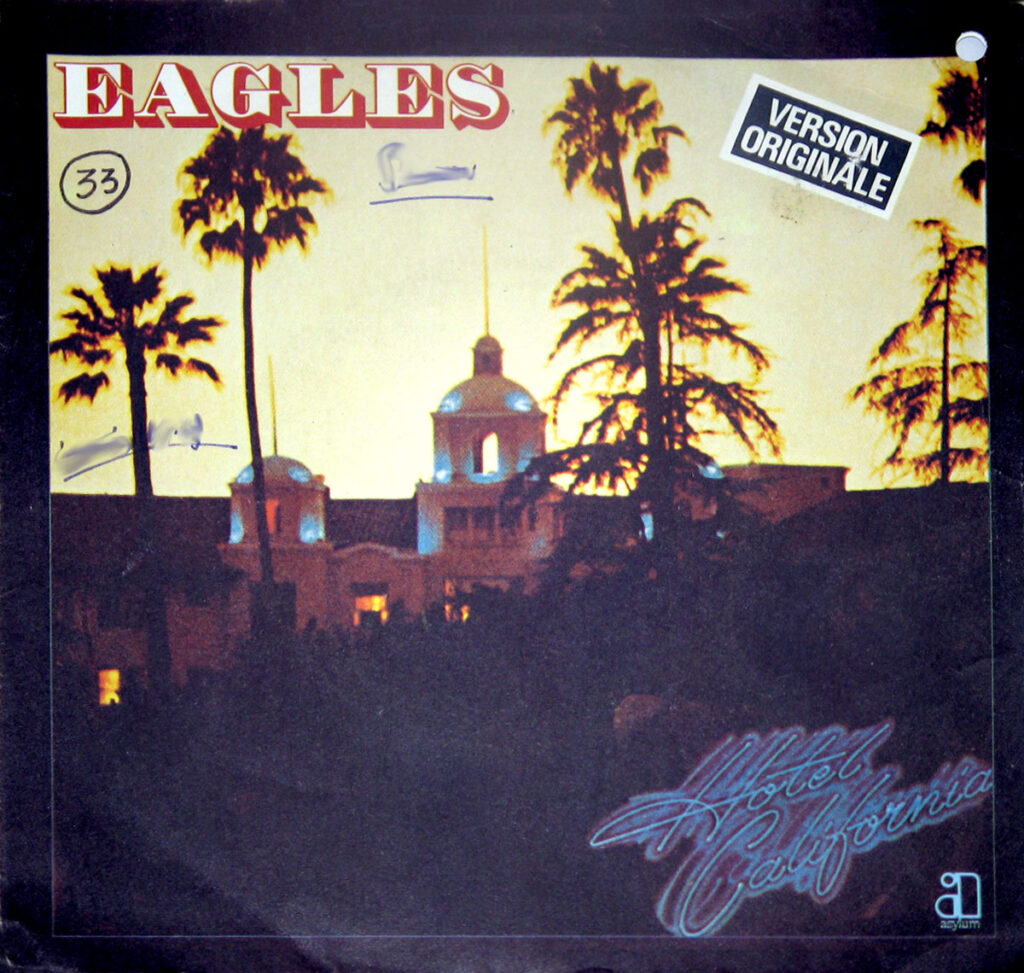
“Hotel California” is often remembered for its haunting lyrics and lengthy guitar outro. The Eagles captured the spirit of the 70s, weaving mystery and excess into the fabric of the song. Its mix of rock and folk influences created a track that was both smooth and unsettling.
Listeners continue to debate the meaning of its imagery, which only adds to its appeal. The dual-guitar solo has become one of the most admired in rock history. Every time the song plays, it draws listeners into its eerie story once again. That quality ensures its place as one of the greatest rock ballads ever recorded.
“Hey Jude” – The Beatles (1968)
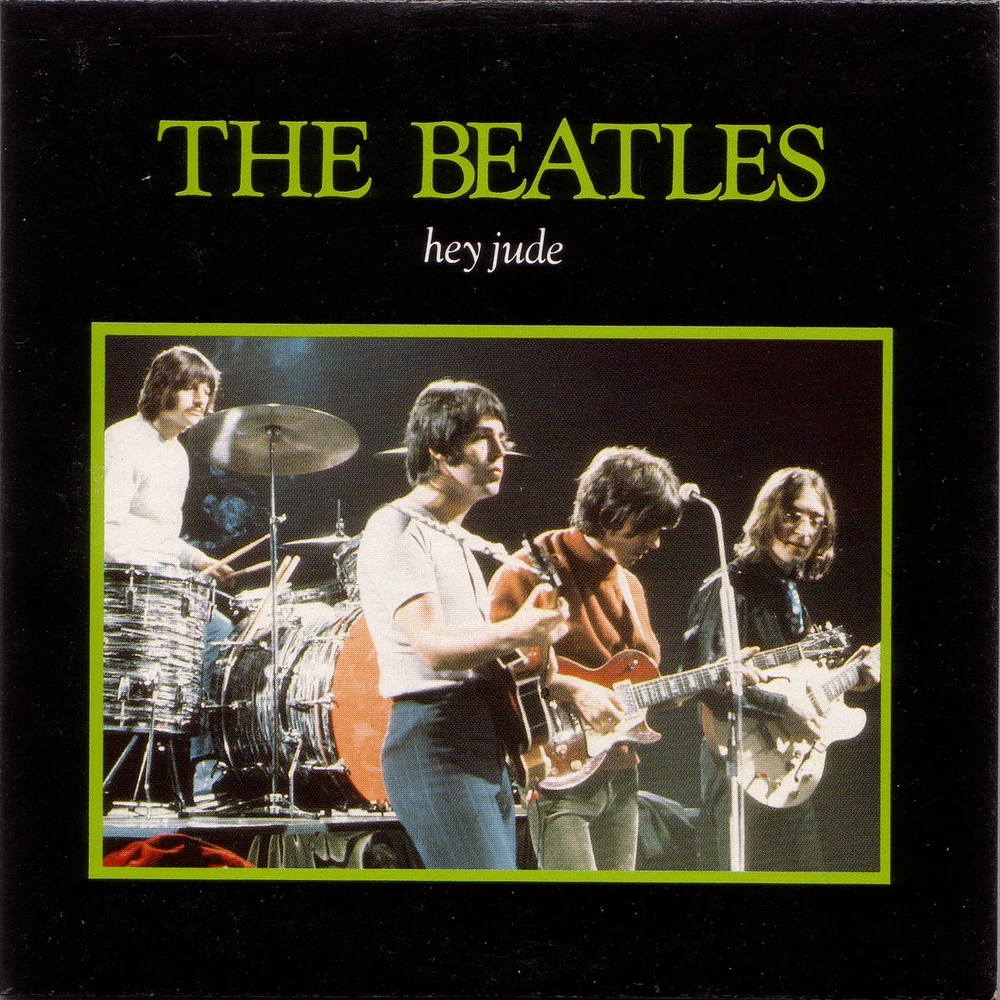
Paul McCartney wrote “Hey Jude” as a comforting message, and it evolved into one of The Beatles’ most uplifting songs. Beginning softly, it gradually builds into an unforgettable singalong ending. Its structure broke rules by dedicating minutes to repeated refrains, but the gamble paid off.
The track turned into an anthem of reassurance and community. Crowds often join in during live performances, extending the chorus even further. Few songs manage to combine intimacy and grandness so effectively. It continues to represent the universal appeal of The Beatles’ music.
“Born to Run” – Bruce Springsteen (1975)
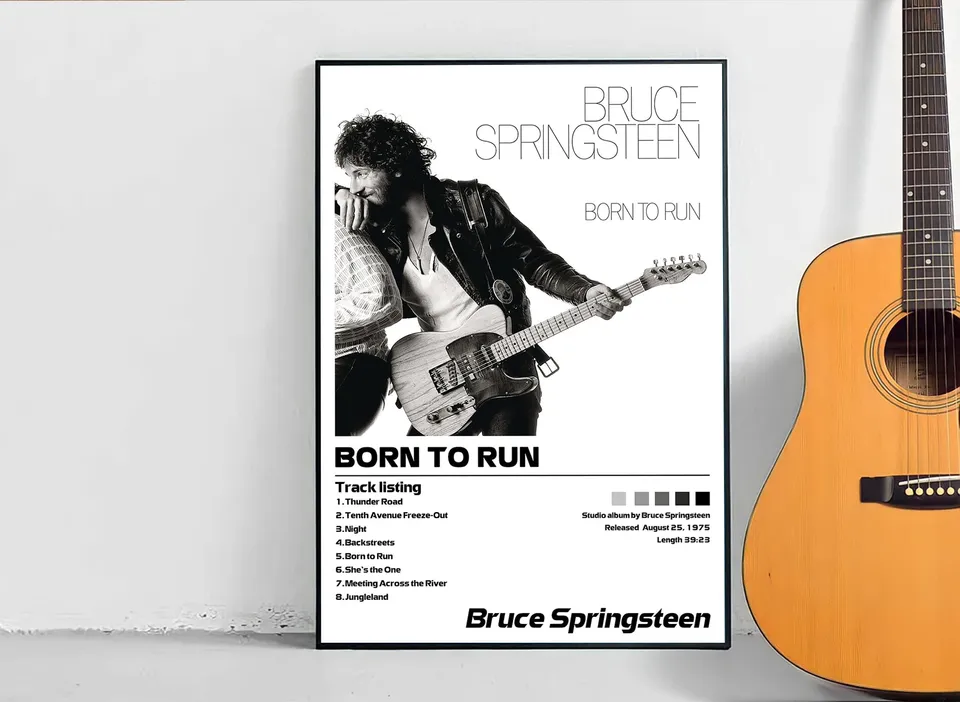
“Born to Run” captured youthful longing and the urge to break free. Bruce Springsteen’s passionate delivery matched the urgency of the lyrics, painting a vivid picture of escape. With its wall-of-sound style production, the track felt larger than life.
It became a defining moment in Springsteen’s career, earning him a place as a voice for working-class America. The song remains a concert favorite, often bringing audiences to their feet. For listeners, it still symbolizes dreams of freedom and possibility. Its timeless energy ensures it never feels dated.
“I Will Always Love You” – Whitney Houston (1992)
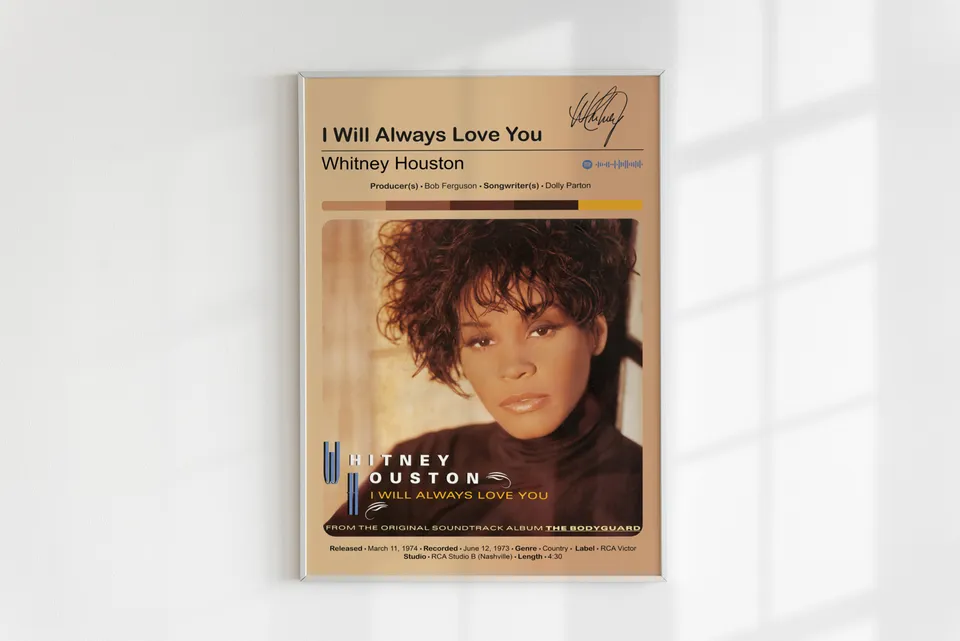
Whitney Houston’s version of “I Will Always Love You” transformed a gentle Dolly Parton ballad into a powerhouse. Her soaring voice carried emotion that few could match, and the dramatic key change became unforgettable. The song showcased the full strength of her vocal range.
Its release alongside The Bodyguard film helped make it one of the best-selling singles of all time. Audiences around the world were moved by Houston’s ability to balance tenderness and intensity. It remains one of the most memorable performances in pop music history. Many still consider it the ultimate love song.
“Stairway to Heaven” – Led Zeppelin (1971)
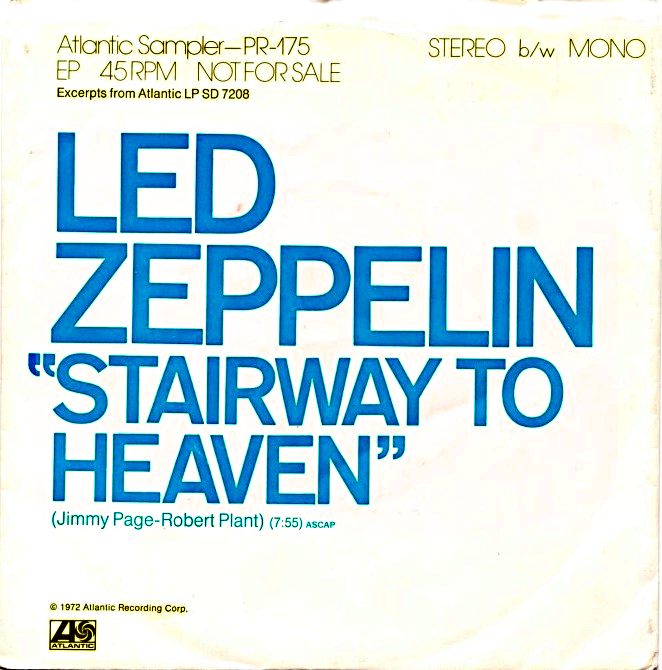
“Stairway to Heaven” begins with delicate acoustic guitar and slowly transforms into a thunderous rock climax. Robert Plant’s mystical lyrics added a sense of mystery, while Jimmy Page’s guitar work became legendary. Its progression keeps listeners engaged through every second of its length.
Though never released as a single, it became one of the most requested radio songs in history. Guitarists often attempt its solo as a benchmark of skill, solidifying its place in rock lore. Even after decades, it continues to feel monumental whenever it plays. Its influence extends across generations of musicians.
“No Woman, No Cry” – Bob Marley & The Wailers (1974)
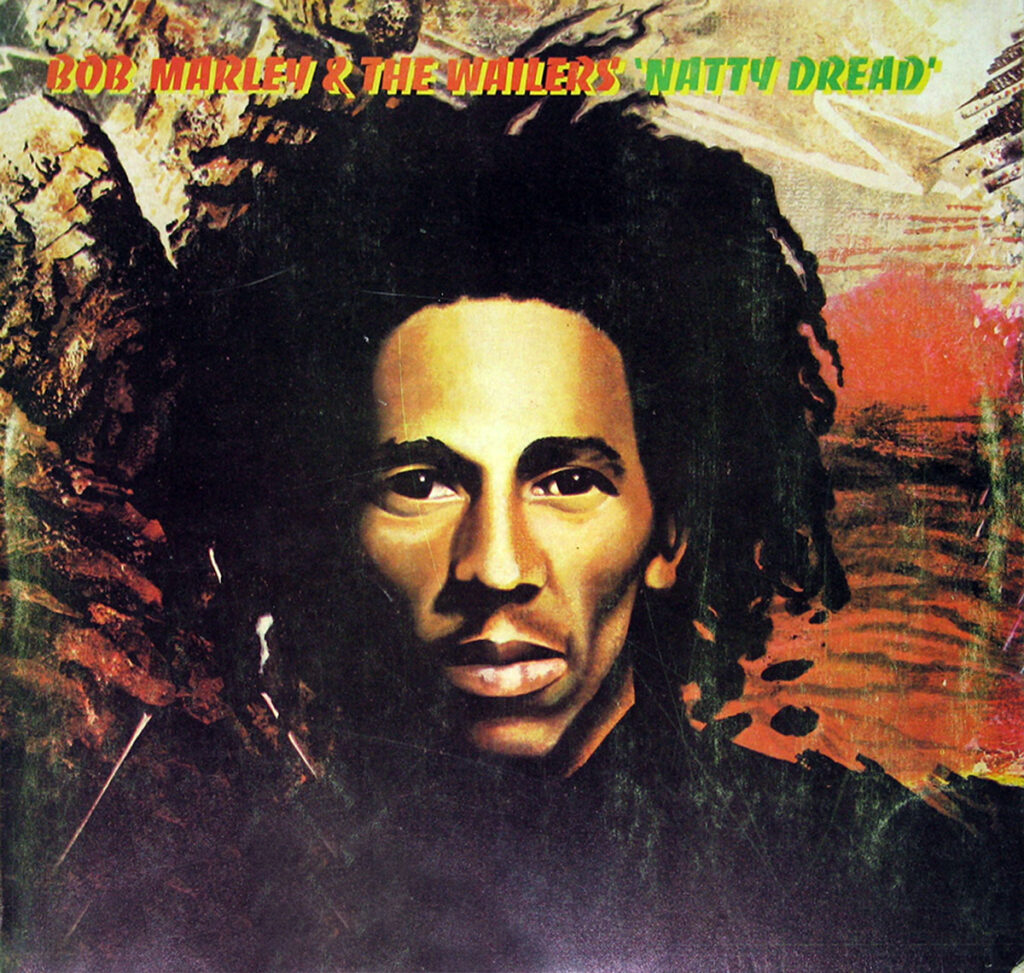
Bob Marley delivered “No Woman, No Cry” with a warmth that comforted listeners. Though the lyrics reference hardship, the song reassures with hope and resilience. Its reggae rhythm is soothing, offering both reflection and encouragement.
The live version recorded in London became especially popular, showcasing Marley’s connection with his audience. It grew into an anthem for endurance in tough times. Beyond its musical qualities, it served as a voice for communities facing struggles. Today, it remains one of Marley’s most beloved works.
This article originally appeared on Avocadu.
